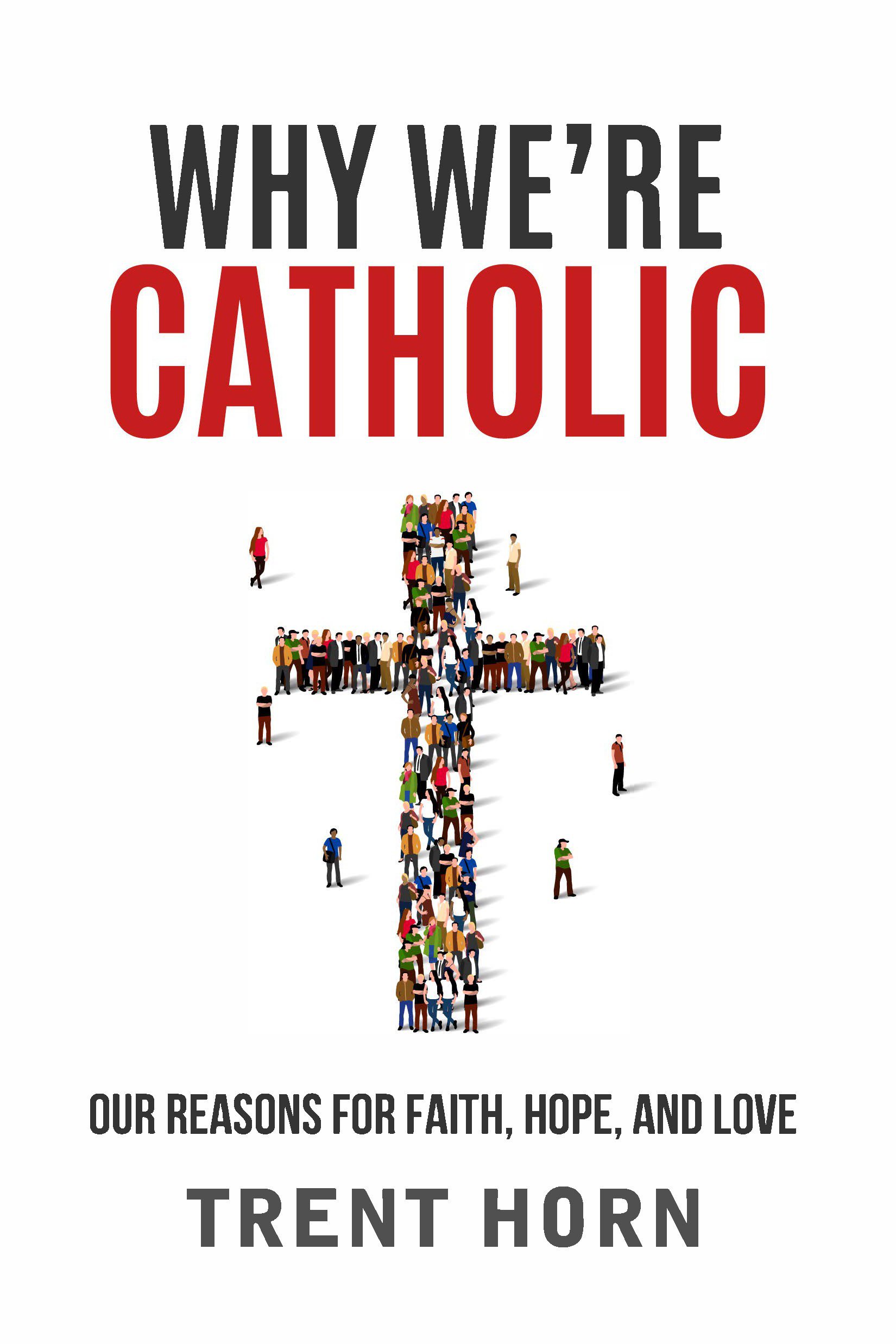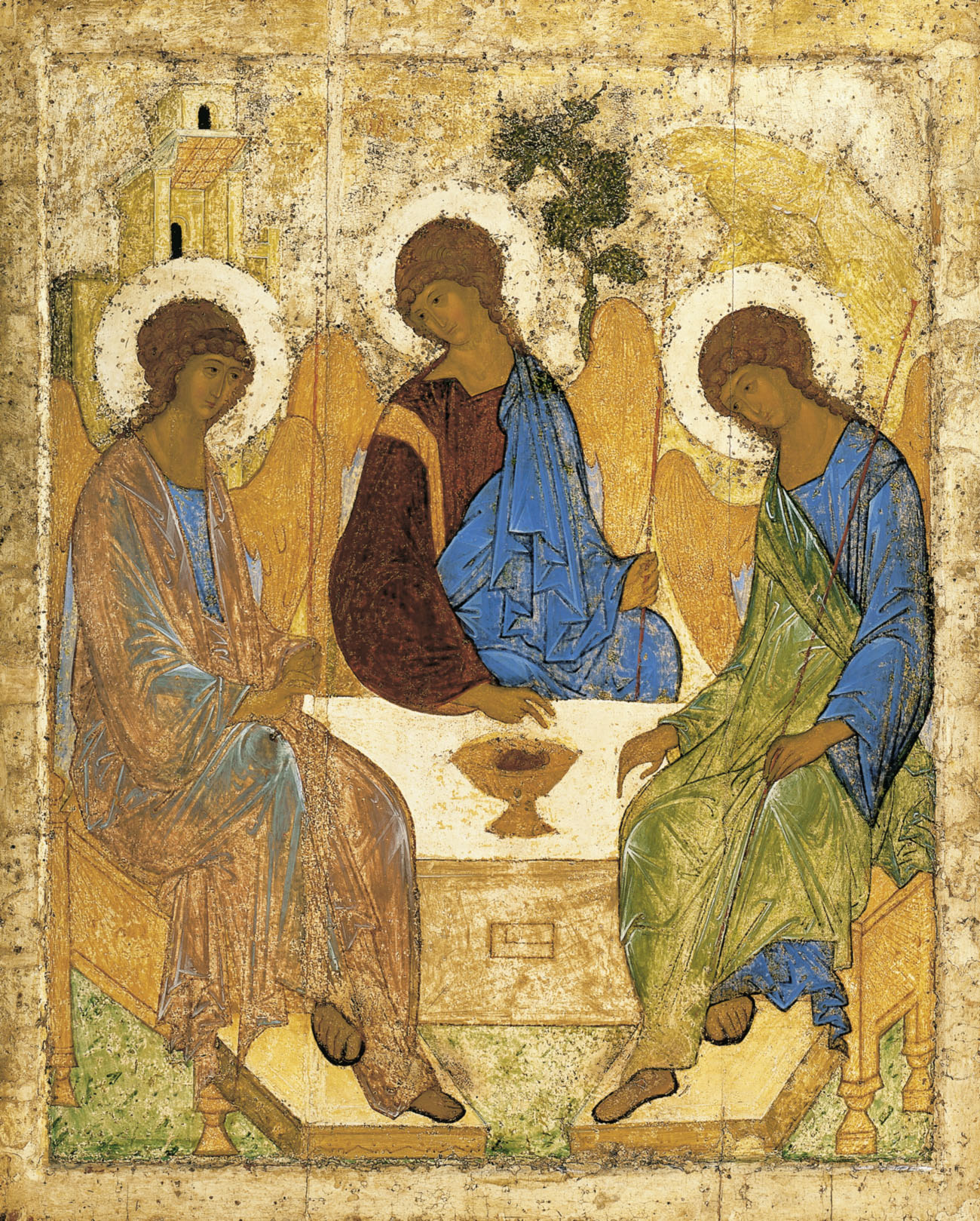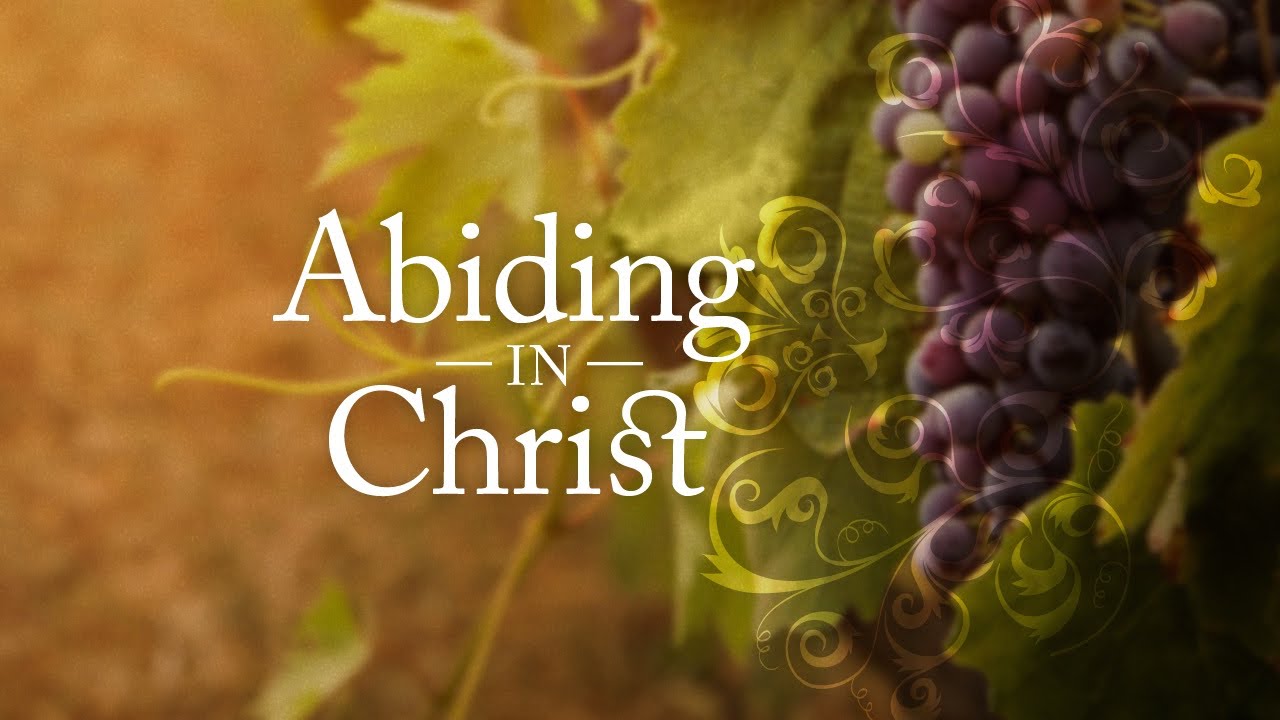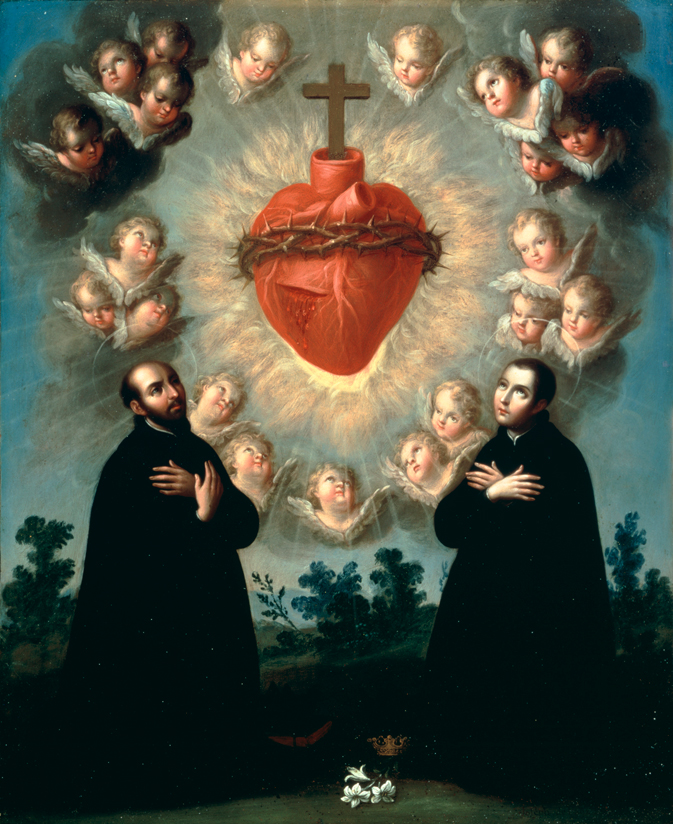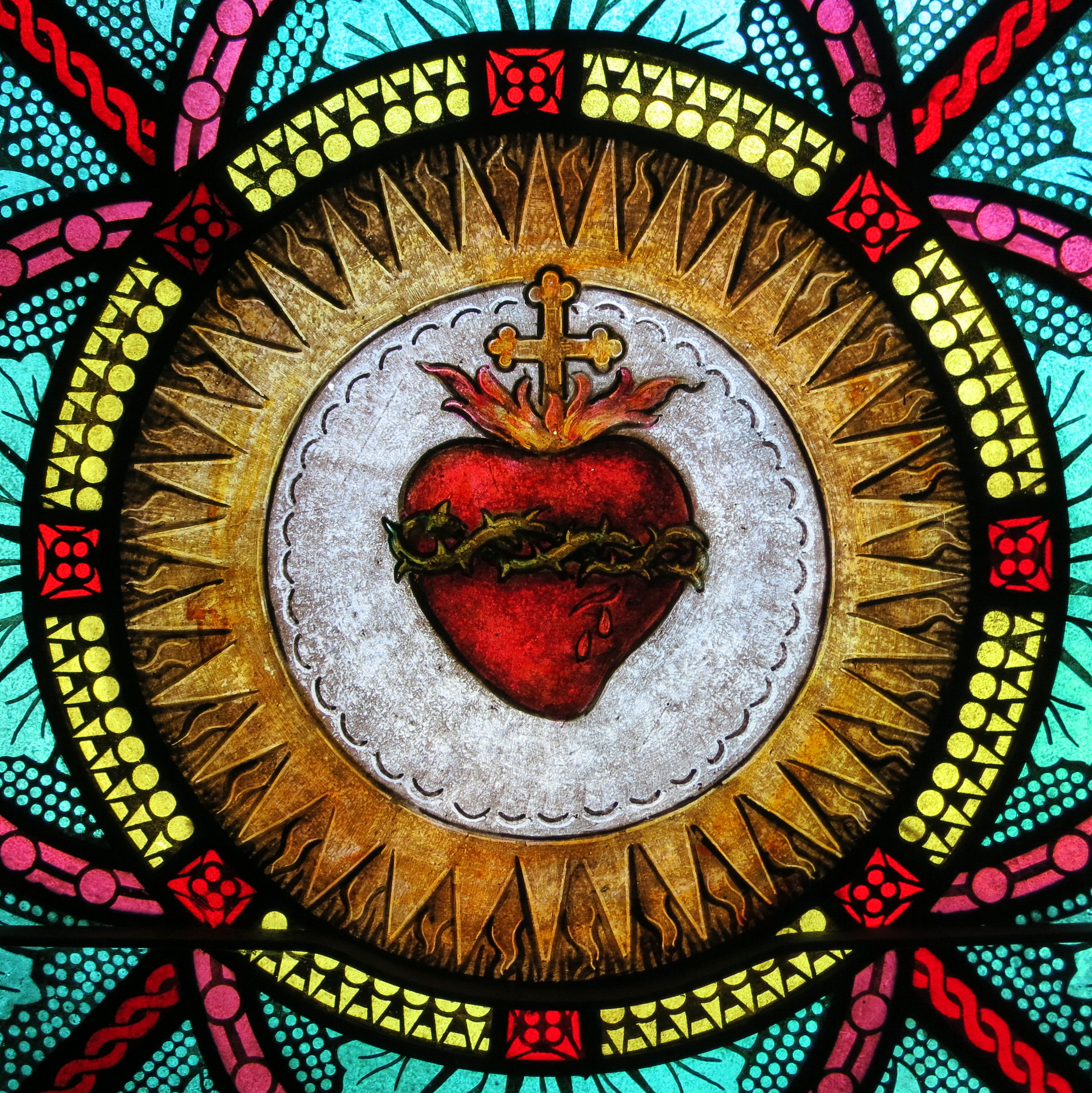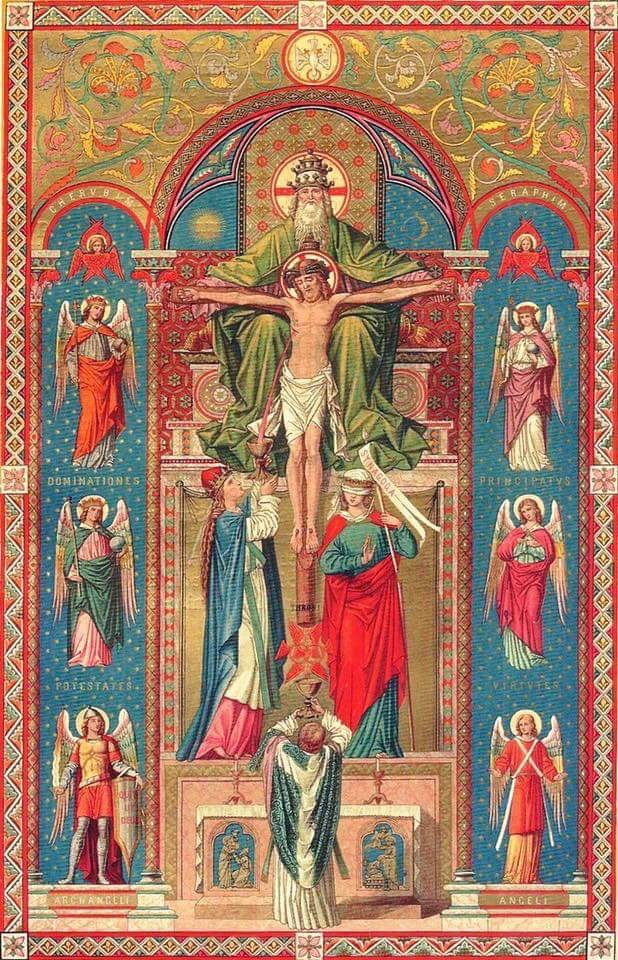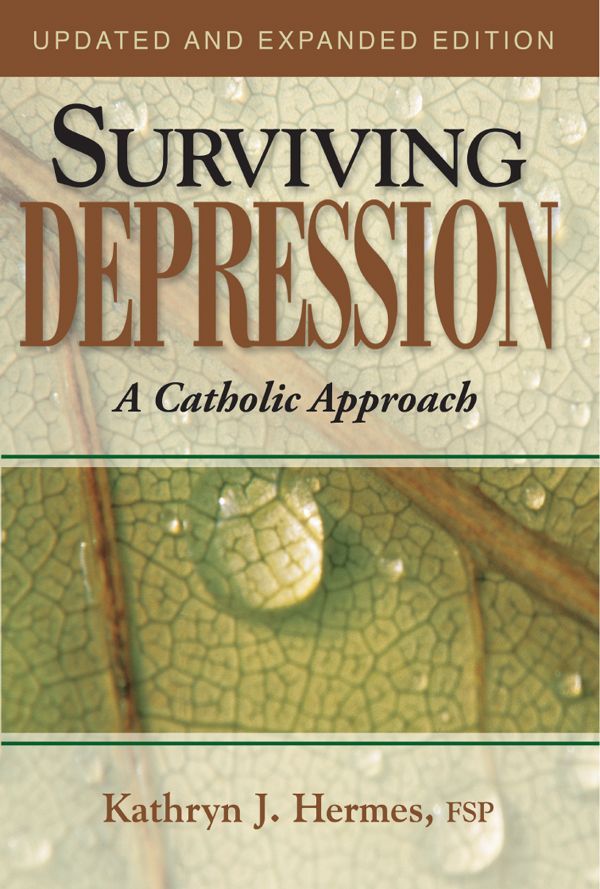“C.S. Lewis, the author of Mere Christianity and The Chronicles of Narnia, was not Catholic but he did believe in the existence of purgatory. He knew dying does not change our sinful hearts, so God must do something to us after death in order to make us fit to spend eternal life with him. Lewis said, “Our souls demand Purgatory, don’t they?”
1 John 5:17 says, “All wrongdoing is sin, but there is sin which is not mortal.” The Church accordingly refers to mortal sins as our freely chosen, gravely evil acts that destroy God’s love in our hearts. These sins forfeit our hope of eternal life with God unless we ask God to forgive them through the sacrament of reconciliation (confession).
Unlike mortal sins, venial sins hurt the soul but do not kill God’s grace within it. These are sins that people commit in their day-to-day life that do not completely separate them from God but do hurt their relationship with him. Catholics don’t have to confess these sins to a priest (but they can if they wish), and the Eucharist also cleanses us of these sins. But what happens to people who don’t seek the sacraments and die in an unclean state of venial sin?
Since these people died in a state of grace and friendship with God, there is no possibility they will go to hell. But Revelation 21:27 says that nothing unclean will be in heaven. It logically follows, therefore, that these saved souls will be purged of their sins prior to spending eternity with God. According to the Catechism, “The Church gives the name purgatory to this final purification of the elect, which is entirely different from the punishment of the damned” (CCC 1031).
Purgatory is not an alternative to heaven and hell nor is it a “second chance” to choose God. All souls that go to purgatory belong to people who died in God’s friendship. Purgatory isn’t a place as much as it is a state of existence after death, where we will be purified from sin. C.S. Lewis understood that because God loves us so much he won’t let us stay attached to any kind of sin, including minor ones, for all eternity.
It is natural for humans to want to make up for the wrong they have done, but no amount of work on our part can make up for the wrong caused by our sins against an infinitely holy God. (Only Christ’s sacrifice can do that.) We can, however, make up for the temporal or earthly consequences of our sins.
Here’s a way to understand the difference.
If my five-year-old son recklessly breaks a neighbor’s window, I will pay for the window because he cannot. If my son is sorry for what he did then I will forgive him, but I will also ask him to perform extra chores to make up for his bad behavior. This satisfies his conscience’s desire to make amends and also helps him learn a valuable lesson.
We might think discipline is the opposite of love, but if you’ve ever been around a spoiled child you see that the lack of discipline can make a person angry, frustrated, selfish, and just plain miserable. Since God is our loving father, he also graciously corrects us, or as the Bible says, “The Lord disciplines him whom he loves, and chastises every son whom he receives.” (Heb. 12:6)
If Christ’s sacrifice is perfect and infinitely atones for sin, then why is purgatory even necessary? It’s necessary because Christ’s perfect sacrifice must be applied to each individual in different ways.
Those who reject Christ’s offer of salvation, for example, won’t have the saving effects of Christ’s sacrifice applied to them. Believers who are attached to sin in this life will have the effects of Christ’s sacrifice applied to them after death in purgatory.
Theologians like Pope Benedict XVI have even speculated that the cleansing fire of purgatory is none other than Christ Himself. He writes:
“Some recent theologians are of the opinion that the fire which both burns and saves is Christ Himself, the Judge and Savior. The encounter with Him is the decisive act of judgment. Before His gaze all falsehood melts away. This encounter with Him, as it burns us, transforms and frees us, allows us to become truly ourselves.”
Purgatory doesn’t take away from Christ’s work, but rather it is Christ’s work. It is not something the Church created in order to force people to work their way into heaven. Purgatory is instead something God created so that the grace His Son obtained for us on the cross could make us “holy and blameless and irreproachable before Him” (Col. 1:22-23), free from the pain and penalty of sin, and ready to enter into eternal glory with Christ our Lord.”
Love,
Matthew

